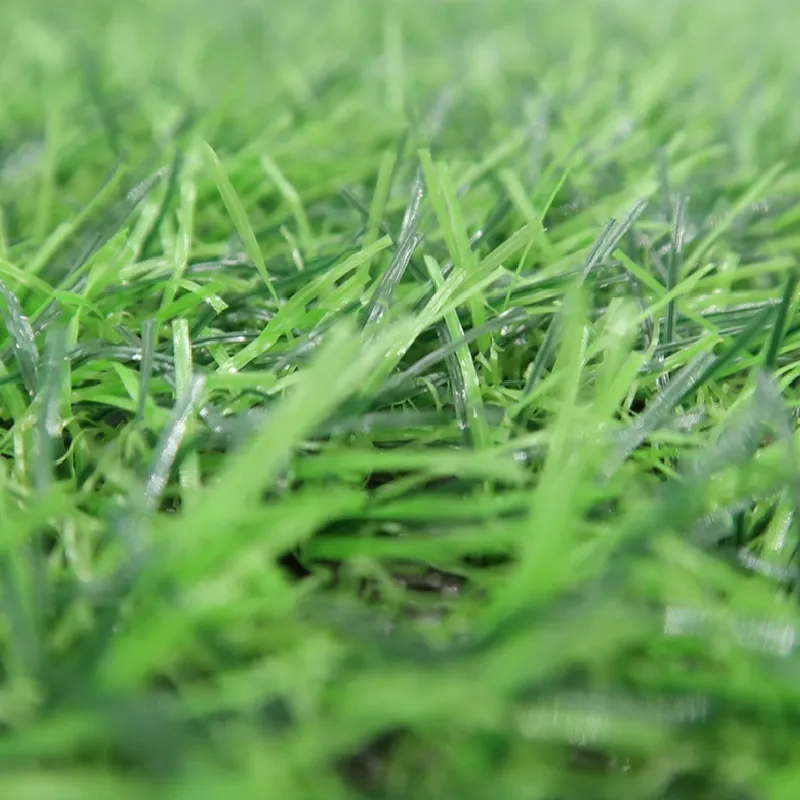
- Afrikaans
- Arabic
- Belarusian
- Bengali
- Czech
- Danish
- Dutch
- English
- Esperanto
- Estonian
- Finnish
- French
- German
- Greek
- Hindi
- Hungarian
- Icelandic
- Indonesian
- irish
- Italian
- Japanese
- kazakh
- Rwandese
- Korean
- Kyrgyz
- Lao
- Latin
- Latvian
- Malay
- Mongolian
- Myanmar
- Norwegian
- Persian
- Polish
- Portuguese
- Romanian
- Russian
- Serbian
- Spanish
- Swedish
- Tagalog
- Tajik
- Thai
- Turkish
- Turkmen
- Ukrainian
- Urdu
- Uighur
- Uzbek
- Vietnamese
Exploring the Benefits and Features of Artificial Turf in Football Fields
Nov . 24, 2024 16:09 Back to list
The Evolution of Football Field Turf Enhancing the Game and Athlete Performance
Football, as one of the most popular sports globally, has witnessed significant changes over the years, not only in play styles and strategies but also in the playing surfaces. The introduction of synthetic turf has transformed football fields, elevating the experience for players and fans alike. This article explores the evolution of football field turf, its benefits, and its impact on the game.
The Origins of Turf
The inception of synthetic turf dates back to the late 1960s, primarily aimed at creating a low-maintenance alternative to natural grass. The first installation, known as Astroturf, debuted at the Houston Astrodome in 1966. While it provided a solution for indoor venues, the initial iteration of synthetic turf had its drawbacks, including a harsher playing surface that could lead to injuries.
Over the decades, advancements in technology and materials have led to the development of modern synthetic turfs that closely mimic natural grass. The use of polyethylene and polyurethane fibers has resulted in softer, more resilient surfaces that provide better traction and reduce the risk of player injuries.
Benefits of Modern Turf
One of the most significant benefits of modern football field turf is its durability
. Synthetic surfaces can withstand heavy use and adverse weather conditions that would typically damage natural grass fields. This durability means that games can be played regardless of the weather, ensuring consistent playability throughout the season.Moreover, synthetic turf requires significantly less maintenance than natural grass. While natural fields require regular mowing, watering, and fertilizing, synthetic fields only need occasional brushing and cleaning. This efficiency allows sports facilities to allocate resources to other areas of maintenance and development.
football field turf

In addition to reducing maintenance costs, synthetic turf also offers improved safety. Modern technology has facilitated the development of turf that offers better shock absorption and reduced friction, leading to a decrease in injuries related to falls or sudden stops. The even surface of synthetic grass provides a consistent playing condition, which is crucial in a sport where every inch matters.
Environmental Considerations
The environmental implications of using synthetic turf have been a topic of discussion. While natural grass does provide benefits such as carbon sequestration and biodiversity, modern synthetic turfs are designed to minimize environmental impact. Manufacturers now produce turf that is lead-free and can often be recycled at the end of its lifespan. Furthermore, the reduction in water usage for maintenance also contributes to more sustainable management practices.
The Future of Turf
As technology continues to evolve, the future of football field turf looks promising. Innovations such as heat-management systems, which can regulate the temperature of the playing surface, are already being integrated into new installations to ensure player comfort and performance. Additionally, research is ongoing into bio-based materials that could create even greener alternatives to traditional synthetic fibers.
Moreover, the aesthetic appeal of synthetic turf has improved, with new options that include varied colors and patterns, allowing fields to be customized. This customization aspect has attracted not only professional teams but also recreational leagues and schools looking to enhance their facilities.
Conclusion
The evolution of football field turf represents a significant leap forward in sports technology, enhancing both the athlete's performance and the overall game experience. With continued advancements and a focus on sustainability, synthetic turf will likely remain an integral part of football, helping to shape the sport for future generations. As teams and facilities embrace these changes, fans can look forward to an exciting era of football played on surfaces that are safer, more durable, and increasingly environmentally responsible. The narrative of football continues to evolve, driven by innovation on and off the field.
-
The Benefits of Artificial Turf for Indoors
NewsJul.15,2025
-
How Artificial Grass Suppliers Ensure Quality Products
NewsJul.15,2025
-
Artificial Grass and Pets: A Space for Relaxation
NewsJul.08,2025
-
Balcony & Outdoor Decoration with Artificial Grass
NewsJul.08,2025
-
Best Indoor Artificial Grass for Home
NewsJul.07,2025
-
Best Pet Turf for Dogs: Safe & Durable Artificial Grass Options
NewsJul.07,2025
Products categories









